February 19, 2015 – The common battery found in electric vehicles (EVs) these days is lithium-ion. BASF, the chemical company, is working on improving an older battery technology that they invented using nickel-metal hydride (NmH) as the energy storage medium.
Recently scientists at BASF doubled the energy yield from NmH through a redesign of the cells to make them lighter and more powerful. The improvement makes NmH comparable to lithium-ion in energy yield per kilogram. But the BASF scientists aren’t stopping there. They believe they can improve upon current lithium-ion technology by a factor of 10. That would make them attractive to EV developers going forward.
The past knock against NmH versus lithium-ion technology was the weight. An NmH battery produced less power per kilogram. But in their favour, NmH batteries don’t catch fire, a problem that has occurred with lithium-ion technology. That tendency to overheat has led to some headline incidents in the past few years. Two fires in Tesla Model S sedans (see image below) led to the company implementing a fleet-wide software upgrade. Boeing 787 Dreamliners also experienced fires with lithium-ion batteries leading to the grounding of the airfleet and a delay in its commercial launch.
It is not like NmH technology is unfamiliar to the automobile industry. They are the battery of choice for a number of hybrid manufacturers. One of the reasons – NmH technology is recyclable. The other is durability. Toyota Prius, the most successful hybrid on the market, comes with an 8-year, 160,000 kilometer (100,000 mile) warranty for its NmH battery (see image below). In its tests, Toyota Prius batteries have successfully operated without deterioration for 290,000 kilometers (180,000 miles).

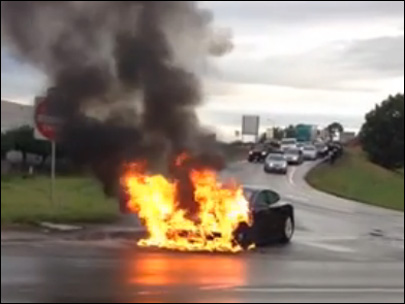
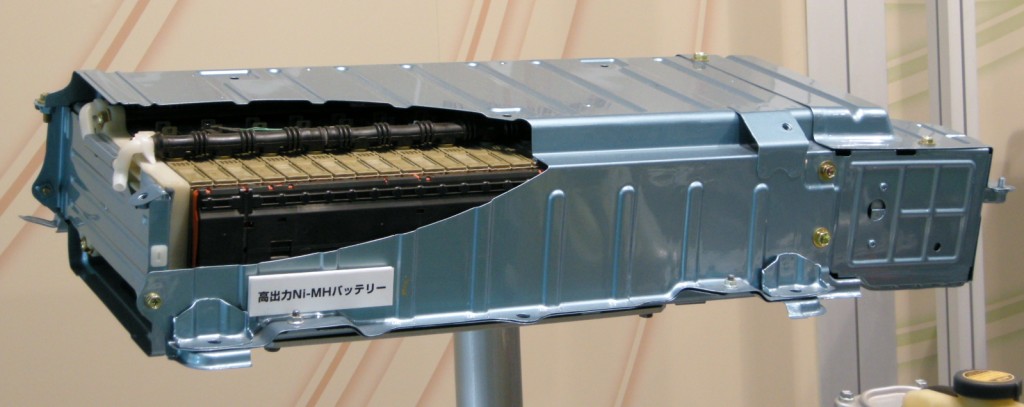



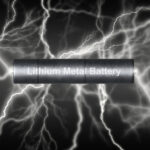


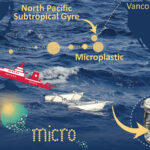

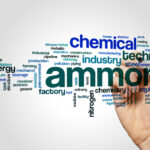








[…] Company sees as much as tenfold improvement in kilowatts per kilogram making NmH 8 times more powerful than existing lithium-ion technology. […]
Seems unlikely that BASF battery engineers have found some new physics that tens of thousands of other engineers have overlooked. The case may be that the best NmH can have energy densities approaching or even exceeding Li batteries, and with greater safety and lower costs, but there will almost certainly be substantial
trade-offs such as shorter service life, lower power density, less shock resistance, restraints on charging regime, etc. An actual ten-fold improvement over L-Ion would truly revolutionize the electric private passenger car. Nearly everyone would want an electric car. All electric range would increase to 300-miles plus. Big Oil and OPEC would be stuck with $10s of trillions stranded in nearly worthless reserves.
No one knows for sure what future oil prices will be, but seems reasonable to
suppose they will settle out somewhere in the $60-$70/bbl range. So gasoline
would be retailing for less than $3/gal. It’s hard to see how even 300-mile
range all electric cars will compete with ICE cars, unless the purchase price
of electrics fall well below gasoline powered cars. But affordable 300-mile
range cars could justify government mandates against ICE cars. They would
present a rational alternative to the highly cost effective gasoline cars.